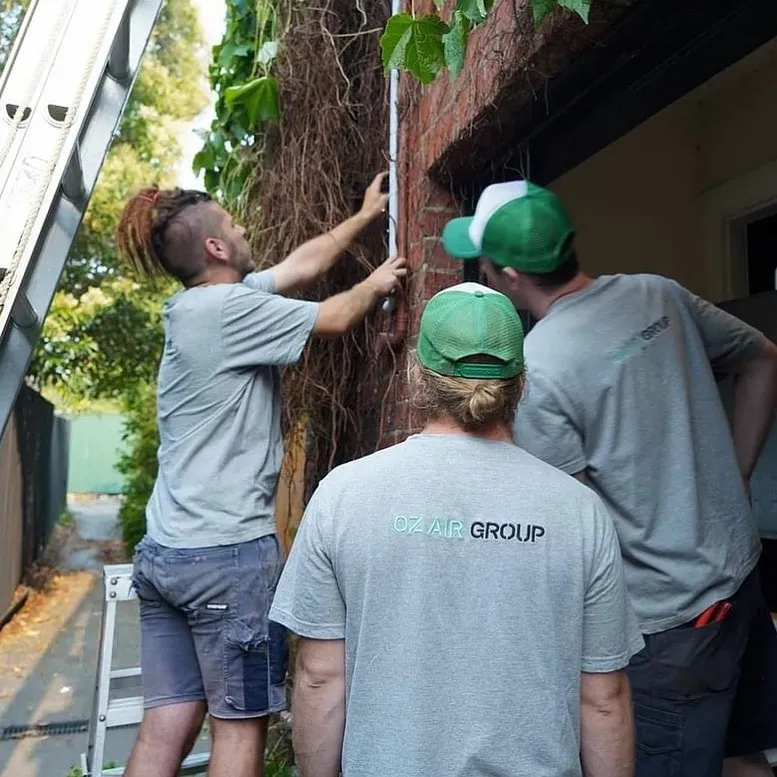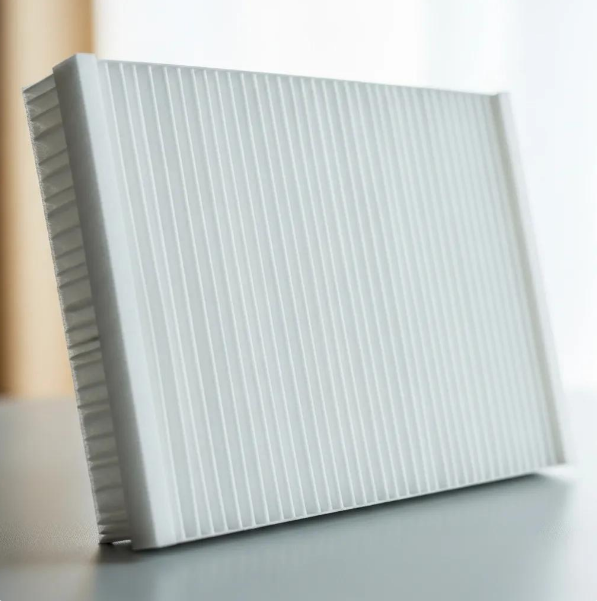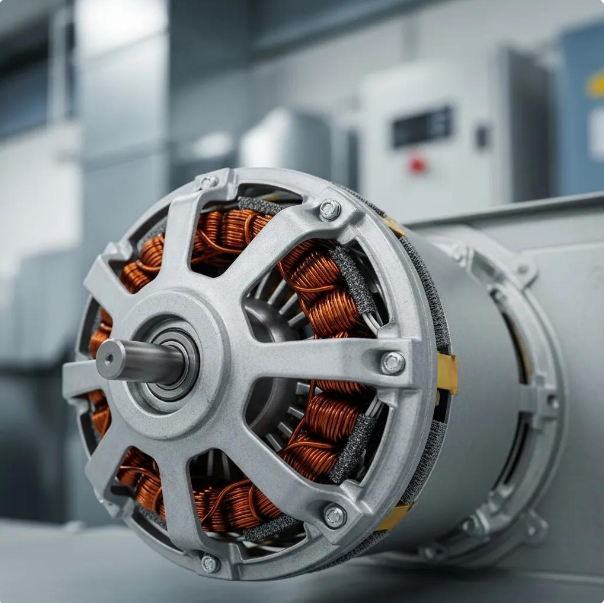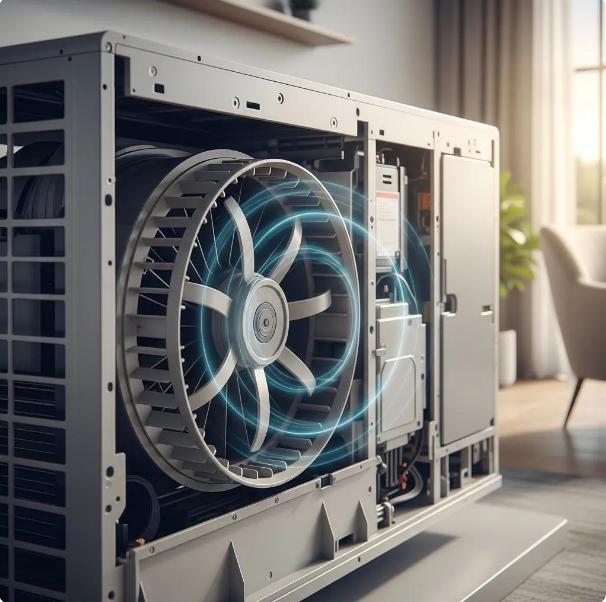What Are the Air Conditioner Noise Regulations in Victoria?


Government Rebates Now Available on Energy-Efficient Air Conditioners when Replacing your Gas Heater.
Air conditioner noise refers to the sound produced by air conditioning units during operation. It is typically measured in decibels (dB), a unit that quantifies sound intensity. Noise regulations in Victoria are rules set by local and state authorities to control and limit excessive noise from various sources, including air conditioners. These regulations aim to maintain community well-being, protect public health, and ensure a harmonious living environment.
In Victoria, air conditioner noise regulations are part of the broader environmental protection framework. These regulations specify acceptable noise levels for air conditioning units, taking into account factors such as time of day, location, and duration of noise. The regulations are designed to balance the need for comfortable indoor environments with the right to peace and quiet in residential areas.
What Is Air Conditioning Noise?
Air conditioning noise is the audible sound produced by an air conditioning system during its operation. This noise originates from various components of the air conditioner:
- Fan Noise: Caused by the movement of air through the system's fans.
- Compressor Noise: Generated by the compressor as it pressurises the refrigerant.
- Refrigerant Flow: Noise is created as the refrigerant moves through the system's pipes.
Types of noise commonly associated with air conditioners include:
- Whining or humming: Often linked to compressor operation
- Rattling or clicking: This may indicate loose components or internal issues
- Hissing or bubbling: Potentially caused by refrigerant flow or leaks
Excessive noise might be identified when the air conditioner's sound level is noticeably higher than usual, disturbs daily activities, or is louder than specified in the manufacturer's guidelines.
What Is the Measurement Unit of Air Conditioning Noise?
The measurement unit for air conditioning noise is the decibel (dB). Decibels measure sound intensity on a logarithmic scale. For context, normal conversation is typically around 60 dB, while a vacuum cleaner operates at about 70 dB. An air conditioner producing noise above 70 dB is generally considered excessively loud for residential use.
Sound level meters are the instruments used to measure air conditioning noise. These devices capture sound intensity and provide readings in decibels, allowing for objective assessment of noise levels against regulatory standards.
What Is the Importance of Noise Regulations for Air Conditioners?
Noise regulations for air conditioners are important for several reasons:
- Public Health Protection: They help prevent noise-induced stress and sleep disturbances.
- Environmental Quality: They contribute to maintaining a pleasant acoustic environment in residential areas.
- Conflict Prevention: Clear regulations help prevent disputes between neighbours over noise issues.
- Equipment Standards: They encourage manufacturers to develop quieter, more efficient air conditioning systems.
In Victoria, these regulations are part of the Environment Protection Act 2017, which provides a comprehensive framework for environmental protection, including noise management.
The regulations are crucial for preserving peace and comfort in residential areas. They ensure that the use of air conditioners doesn't unduly impact the quality of life of nearby residents, striking a balance between personal comfort and community wellbeing.
Can Neighbours Complain About Air Conditioning Noise?
Yes, neighbours can complain about air conditioning noise if it exceeds regulated levels or causes unreasonable disturbance. In Victoria, residents can lodge complaints with their local council or the Environment Protection Authority (EPA) if they believe an air conditioner is producing excessive noise.
Neighbours can complain when the noise:
- Exceeds prescribed noise limits
- Occurs during prohibited hours (usually late night to early morning)
- Is persistent and significantly impacts their quality of life
The Environment Protection Act 2017 and local council regulations establish the framework for these complaints and the subsequent enforcement actions.
What Is the Environment Protection Act 2017?
The Environment Protection Act 2017 is a comprehensive piece of legislation in Victoria that aims to protect human health and the environment from pollution and waste. It came into effect on 1 July 2021, replacing the Environment Protection Act 1970.
This Act introduced a proactive approach to environmental protection, focusing on preventing harm before it occurs. It covers various environmental aspects, including air, water, and noise pollution. The Act empowers the Environment Protection Authority (EPA) to set standards, issue guidelines, and enforce environmental regulations across Victoria.
How Does the Environment Protection Act 2017 Regulate Air Conditioner Noise in Victoria?
The Environment Protection Act 2017 regulates air conditioner noise in Victoria by setting noise limits and empowering local authorities to enforce these limits. For example, in residential areas, the Act stipulates that noise from an air conditioner should not exceed the background noise level by more than 5 dB when measured from inside a neighbouring home. This means if the background noise level is 40 dB, an air conditioner shouldn't produce noise above 45 dB when measured from a neighbour's property.
How to Know If Your Air Conditioning System Is Too Loud?
Signs that your air conditioning system might be too loud include:
- Difficulty having conversations near the unit
- Needing to increase TV or music volume when the AC is on
- Vibrations felt in walls or floors near the unit
- Complaints from neighbours about noise
- Sudden increase in operating noise
If you notice these signs, you can:
- Compare the noise to the manufacturer's specifications
- Use a smartphone app to get a rough dB measurement
- Consult a professional for an accurate assessment
- Schedule a maintenance check to identify and resolve issues
What Are the Quietest Air Conditioning Systems?
The quietest air conditioning systems are typically ductless mini-split systems and modern central air conditioning units with variable-speed technology. These systems can operate at noise levels as low as 20-30 dB, which is comparable to a whisper.
Compared to older or window-mounted units, which can produce noise levels of 60 dB or more, these quiet systems represent a significant improvement in noise reduction, often operating at less than half the noise level of traditional systems.
How to Make Air Conditioner Less Noisy?
To make an air conditioner less noisy:
- Ensure proper installation and leveling
- Regularly clean or replace air filters
- Tighten any loose parts
- Install vibration dampeners
- Build a sound barrier around the outdoor unit
- Schedule regular professional maintenance
It's important to call an experienced air conditioning installer for servicing and maintenance. Professional technicians, like those at Oz Air Group in Melbourne, have the expertise to identify and address noise issues effectively. Oz Air Group has extensive experience in maintaining and servicing air conditioners in Melbourne, ensuring systems operate quietly and efficiently.
How Do Air Conditioner Installers Help You Be in Compliance with Noise Regulations in Victoria?
Air conditioner installers help ensure compliance with Victoria's noise regulations by:
- Selecting appropriate equipment: Choosing units that meet local noise standards
- Proper installation: Ensuring units are installed correctly to minimise noise
- Strategic placement: Positioning units to minimise impact on neighbours
- Sound attenuation: Installing sound barriers or insulation when necessary
- Regular maintenance: Conducting checks to prevent noise issues from developing
- Noise testing: Measuring noise levels to ensure compliance
- Advising on operation: Providing guidance on using the system within regulatory limits
These practical actions help homeowners enjoy the benefits of air conditioning while respecting local noise regulations and maintaining good relationships with neighbours.
Areas we service
Oz Air covers Melbourne and its northern suburbs.

Get in touch






.png)









.png)